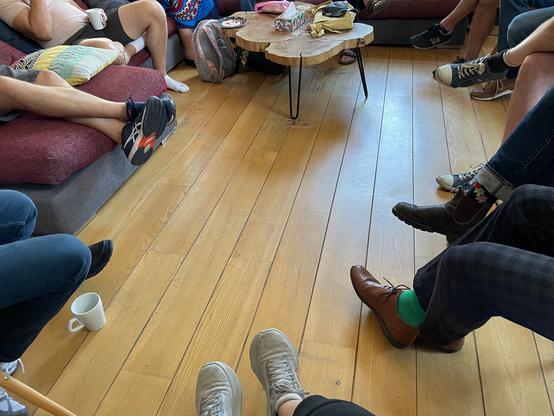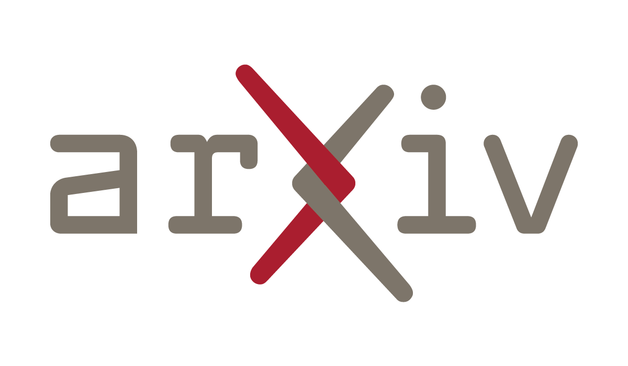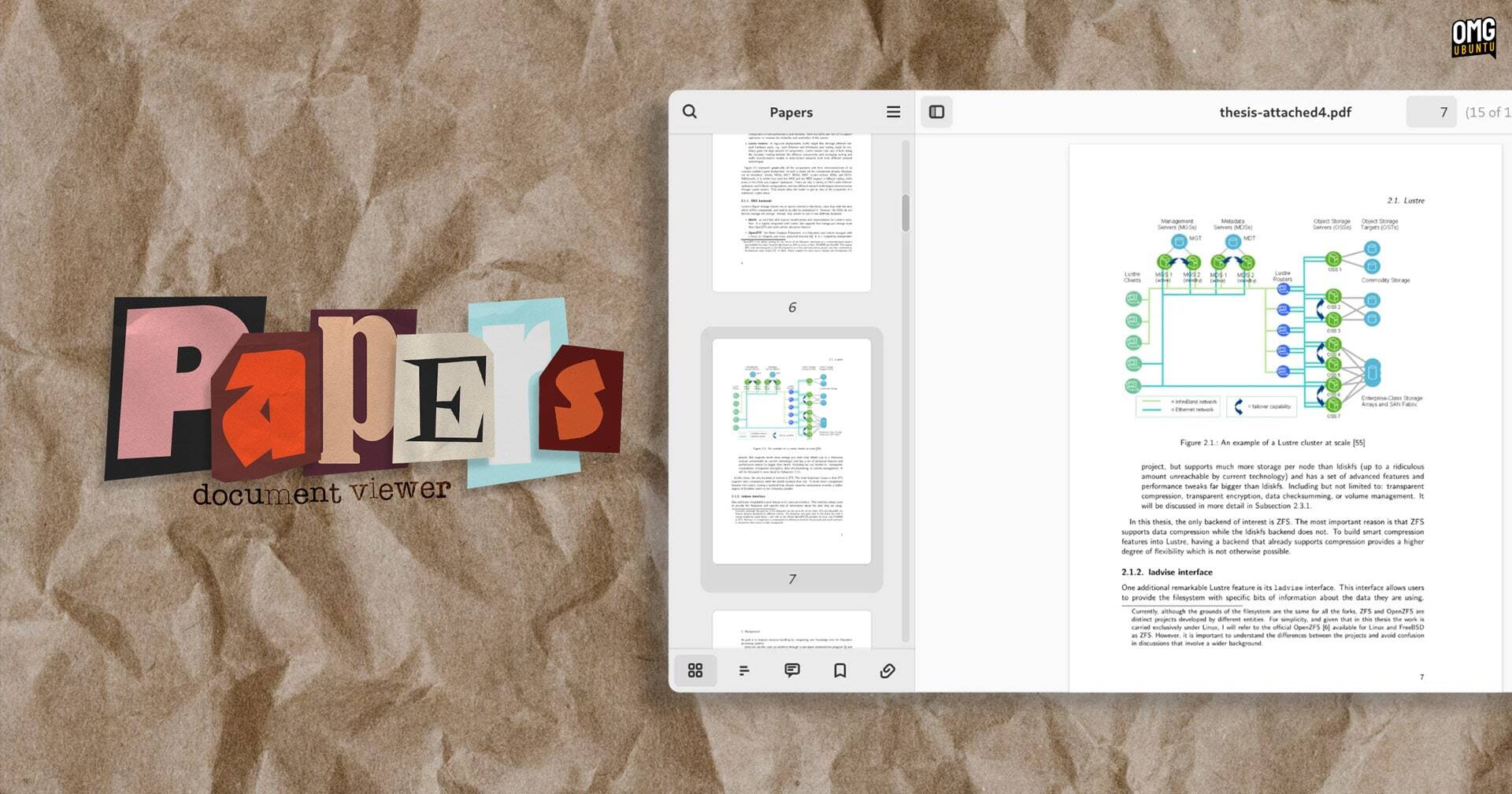Non-Refoulement undermined: legal obligations and migrant realities in Italy’s externalization of asylum https://www.meltingpot.org/2025/08/non-refoulement-undermined-legal-obligations-and-migrant-realities-in-italys-externalization-of-asylum/ #Tesidilaurea,ricercheestudi #AccordoItalia-Albania #AccordoItalia-Libia #Dirittodiasilo #Formazione #Italia #Papers
#papers
Migrare: essere altrove, esserci altrimenti https://www.meltingpot.org/2025/08/migrare-essere-altrove-esserci-altrimenti/ #Tesidilaurea,ricercheestudi #Emilia-Romagna #Accoglienza #Formazione #Bologna #Italia #Papers
@instance-toot.wales @Walrus @wales @Dewines 2/2 #ThePembrokePapers What I will need is hands on assistance in establishing a fully integrated office system. #Internet (#VPN) #website I possess one #iMac, two #laptops, #printer and two #mobiles. I do not need another #PembrokePromise lol. Timeline is 6 - 8 weeks. Assistance needs to be physically hands on. I am not a robot, neither do I support #AI Striktly old skule Support #independent_media #print #papers xPalky
#Meat = #Cancer #Carcinogens
#Science and #medical #editors, check out the topics @ElisabethBik / @elisabethbik.bsky.social covers in the summer 2025 Science Integrity Digest: #research #integrity sleuths, #questionable #quality of #scientific #papers, #detecting #fraud, & more. https://scienceintegritydigest.com/2025/07/25/science-integrity-digest-summer-2025/

(26) Trust and Friction: Negotiating How Information Flows Through Decentralized Social Media [Sohyeon Hwang, Priyanka Nanayakkara & Yan Shvartzshnaider] (2025) https://arxiv.org/abs/2503.02150
(27) "A Blocklist is a Boundary": Tensions between Community Protection and Mutual Aid on Federated Social Networks [Erika Melder, Ada Lerner, Michael Ann DeVito] (2025) https://dl.acm.org/doi/10.1145/3710919
(28) Can This Platform Survive? Governance Challenges for the Fediverse [Thomas Struett, Aram Sinnreich, Patricia Aufderheide & Rob Gehl] (2025) https://papers.ssrn.com/sol3/papers.cfm?abstract_id=4598303
(29) ORCID and the Fediverse: What Can We Do with Public Information? [Julian Fietkau] (2025) https://fietkau.science/orcid_fedivers
(30) Moral Entrepreneurs of the Mastodon Migration [Sean Ward, Jenny L. Davis, Adrian Mackenzie & Paul K. Jones] (2025) https://doi.org/10.1002/symb.1244
(31) The journalists’ exodus: Navigating the transition from Twitter to Mastodon and other alternative platforms [Yee Man Margaret Ng & Rik Ray] (2025) https://doi.org/10.1177/14614448251321
(32) Periodismo y redes sociales alternativas del Fediverso: estudio de la presencia de medios nativos digitales y matriciales en Mastodon [Alberto Quian, Xosé López-García & Xosé Soengas-Pérez] (2025) https://doi.org/10.4185/rlcs-2025-2338
(33) Labour pains: Content moderation challenges in Mastodon growth [Charlotte Spencer-Smith, Tales Tomaz] (2025) https://doi.org/10.14763/2025.1.1831
2/2

Fetching all the various sources you all kindly pointed out, this is a quick and dirty list of all research papers that mention fediverse or mastodon words in their titles ordered by year. There are several authors that have published several papers. It would be awesome to reach them on their mastodon/fediverse accounts. If you know them or you are one of them, poke a mention or reply, i would like to follow you.
(1) Rethinking the “social” in “social media”: Insights into topology, abstraction, and scale on the Mastodon social network [Diana Zulli, Miao Liu & Robert Gehl] (2020) https://journals.sagepub.com/doi/10.1177/1461444820912533?icid=int.sj-full-text.similar-articles.2
(2) Understanding the growth of the Fediverse through the lens of Mastodon [Lucio La Cava, Sergio Greco & Andrea Tagarelli] (2021) https://arxiv.org/pdf/2106.15473
(3) New virtual communities for a renewed digital activism in Italy: A case study of the Bida, Cisti and Nebbia Mastodon instances [Giuliana Sorci] (2021) https://doi.org/10.1386/joacm_00095_1
(4) Network Analysis of the Information Consumption-Production Dichotomy inMastodon User Behaviors [Lucio La Cava, Sergio Greco & Andrea Tagarelli] (2022) https://ojs.aaai.org/index.php/ICWSM/article/view/19391/19163
(5) Le Fediverse comme système de médias sociaux alternatifs: conflits de valeurs et design des protocoles informatiques [Chanel Robin, Eva Giard, Stéphane Couture] (2022) https://cirst.uqam.ca/publications/1514/
(6) CHAPTER 12 Emerging Forms of Sociotechnical Organisation: The Case of the Fediverse [Jacopo Anderlini, Carlo Milani] (2022) https://www.jstor.org/stable/j.ctv319wpvm.16
(7) Creating a City for All of Us: The Possible Role of the Fediverse in Archiving Civic Urban Memory [Pen Lister] (2023) https://link.springer.com/article/10.1007/s44206-024-00137-8
(8) Information Consumption and Boundary Spanning in Decentralized Online Social Networks: the case of Mastodon Users [Lucio La Cava & Andrea Tagarelli] (2023) https://arxiv.org/pdf/2203.15752
(9) Will Admins Cope? Decentralized Moderation in the Fediverse [Ishaku Hassan Anaobi, Aravindh Raman, Ignacio Castro, Haris Bin Zia, Dami Ibosiola & Gareth Tyson] (2023) https://arxiv.org/pdf/2302.05915
(10) Flocking to Mastodon: Tracking the Great Twitter Migration [Haris Bin Zia, Jiahui He, Aravindh Raman, Ignacio Castro, Nishanth Sastry & Gareth Tyson] (2023) https://doi.org/10.48550/arXiv.2302.14294
(11) Mastodon Rules: Characterizing Formal Rules on Popular Mastodon [Matthew N. Nicholson, Brian C. Keegan & Casey Fiesler] (2023) https://doi.org/10.1145/3584931.3606970
(12) Calling the User. Interpellation and Narration of User Subjectivity in Mastodon and Trans*Feminist Servers [Shusha Niederberger] (2023) https://doi.org/10.7146/aprja.v12i1.140449
(13) Shifting your research from X to Mastodon? Here’s what you need to know [Roel Roscam Abbing & Robert W. Gehl] (2023) https://doi.org/10.1016/j.patter.2023.100914
(14) Exploring user perceived beliefs, evaluations, and gratifications in ASM: applying expectancy-value approach for U&G theory on Mastodon instance Liker.social [Kai Hung Liao] (2023) https://doi.org/10.3389/fcomm.2023.1288614
(15) The Effects of Group Sanctions on Participation and Toxicity: Quasi-experimental Evidence from the Fediverse [Carl Colglazier, Nathan TeBlunthuis & Aaron Shaw] (2024) https://arxiv.org/abs/2404.02109
(16) An analysis of mastodon adoption dynamics based on instance types [Eduard Sabo, Tim Gesthuizen, Kelvin J. A. Bouma, Dimka Karastoyanova, Mirela Riveni] (2024) https://link.springer.com/content/pdf/10.1007/s13278-024-01341-7.pdf
(17) Decentralised Moderation for Interoperable Social Networks:A Conversation-based Approach for Pleroma and the Fediverse [Vibhor Agarwal, Aravindh Raman, Nishanth Sastry, Ahmed M. Abdelmoniem, Gareth Tyson, Ignacio Castro] (2024) https://ojs.aaai.org/index.php/ICWSM/article/view/31293/33453
(18) Decentralised Networks as a Tool for Fighting Disinformation and Censorship: The Fediverse and Free, Collaborative and Open Networks [Ramón Salaverría, María-Pilar Martínez-Costa & Clara González Tosat] (2024) https://link.springer.com/chapter/10.1007/978-3-031-63153-5_2
(19) Moderating the Fediverse. Content Moderation on Distributed Social Media from Part III - Platform Governance [Alan Z. Rozenshtein] (2024) https://www.cambridge.org/core/books/media-and-society-after-technological-disruption/moderating-the-fediverse/A9018A2868DBE98ED59BA66BC6C25913
(20) From Network to Platform to Protocol: Mastodon’s Ethos and the Sociotechnical Imaginary of the Fediverse [Skip de Mönnink] (2024) https://studenttheses.uu.nl/handle/20.500.12932/46353
(21) Closing the Door to Remain Open: The Politics of Openness and the Practices of Strategic Closure in the Fediverse [Jamie A. Theophilos] (2024) https://journals.sagepub.com/doi/10.1177/20563051241308323
(22) Privacy Policies on the Fediverse: A Case Study of Mastodon Instances [Emma Tosch, Luis Garcia, Cynthia Li, Chris Martens] (2024) https://doi.org/10.56553/popets-2024-0138
(23) Análisis de la investigación sobre el Fediverso: Mastodon, Lemmy, Pleroma y otras de sus plataformas [Pedro Lázaro-Rodríguez] (2024) https://doi.org/10.3145/infonomy.24.017
(24) "Don’t research us" - How Mastodon instance rules connect to research ethics [Marco Wähner, Annika Deubel, Johannes Breuer & Katrin Weller] (2024) https://doi.org/10.1007/s11616-024-00855-6
(25) Collaborative Content Moderation in the Fediverse [Haris Bin Zia, Aravindh Raman, Ignacio Castro & Gareth Tyson] (2025) https://arxiv.org/abs/2501.05871
1/2
Between the Wall and the Law: and administrative law perspective on the ICJ’s Advisory Opinion https://www.meltingpot.org/2025/07/between-the-wall-and-the-law-and-administrative-law-perspective-on-the-icjs-advisory-opinion/ #Tesidilaurea,ricercheestudi #Formazione #Israele #Papers
¿Sabias que desde 2024 #Papers de @gnome tiene para firmar documentos con certificados digitales? Fue gracias a la iniciativa @sovtechfund y un desarrollador de #Volkswagen.

@gregoryMS was having issues posting new #papers and #ClinicalTrials for #MultipleSclerosis. It's working again! And have you seen the site lately? We made a lot of improvements and will have more coming. https://gregory-ms.com/ #opensource #ai #health #research #BotsFightMS
“Cos’è casa”. La dimensione soggettiva della casa nell’esperienza di donne immigrate a Torino: un’indagine qualitativa https://www.meltingpot.org/2025/07/cose-casa-la-dimensione-soggettiva-della-casa-nellesperienza-di-donne-immigrate-a-torino-unindagine-qualitativa/ #Tesidilaurea,ricercheestudi #Donneemigrazioni #Accoglienza #Papers #Torino #Casa
@sleepyfox We discussed it ~2 years ago on #papers-please
@pabloyoyoista Does anyone know if https://github.blog/security/vulnerability-research/cve-2025-53367-an-exploitable-out-of-bounds-write-in-djvulibre/ applies to the #flatpak versions of #Papers or #Evince from #flathub?


'Positive review only': Researchers hide AI prompts in papers
https://asia.nikkei.com/Business/Technology/Artificial-intelligence/Positive-review-only-Researchers-hide-AI-prompts-in-papers
#ycombinator #Positive #review #only #Researchers #hide #prompts #papers

Mmh... #Papers devrait remplacer #Evince en tant que visionneur de documents par défaut à partir de #Gnome 49.
La dernière fois que j'avais testé papers, il y a un an ou deux, il était encore un poil moins fonctionnel qu'Evince ; j'espère que ça s'est arrangé.
La substitution Totem / Showtime a fonctionné ; pourquoi pas celle-ci.
https://www.omgubuntu.co.uk/2025/07/papers-pdf-viewer-gnome-49

GNOME 49 Makes Papers a Core App, Replacing Evince #news #gnome_49 #papers #pdf
https://www.omgubuntu.co.uk/2025/07/papers-pdf-viewer-gnome-49

Today’s art is a strawberry in hand-cut origami paper. #origamipaper #papers #paperartist
#Vegetative #electron #microscopy” is #nonsense. And yet several scientific #papers have included the phrase over the past few years.
When two papers from the 1950s were digitized, two columns of text may have been read together incorrectly, the “vegetative” from one column smushed up with the “electron microscopy” in the other.
The #researchers discovered the phrase started showing up in responses generated by #OpenAI’s GPT 3.0, which was released in 2020.
https://www.freethink.com/artificial-intelligence/vegetative-electron-microscopy


 Hacker News
Hacker News 


